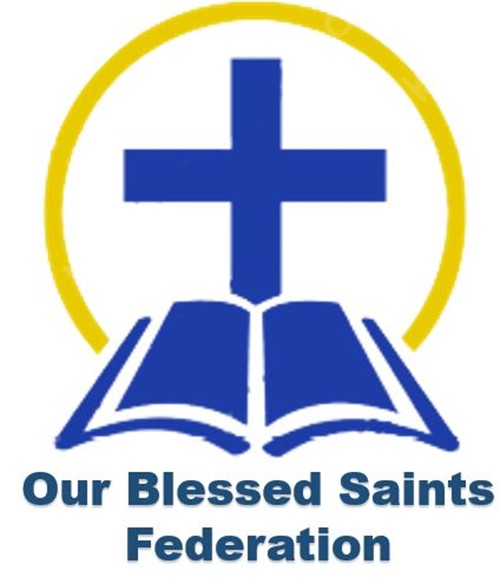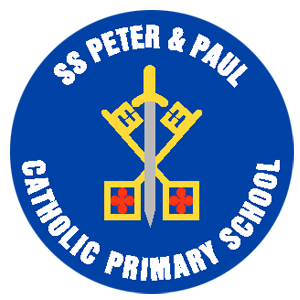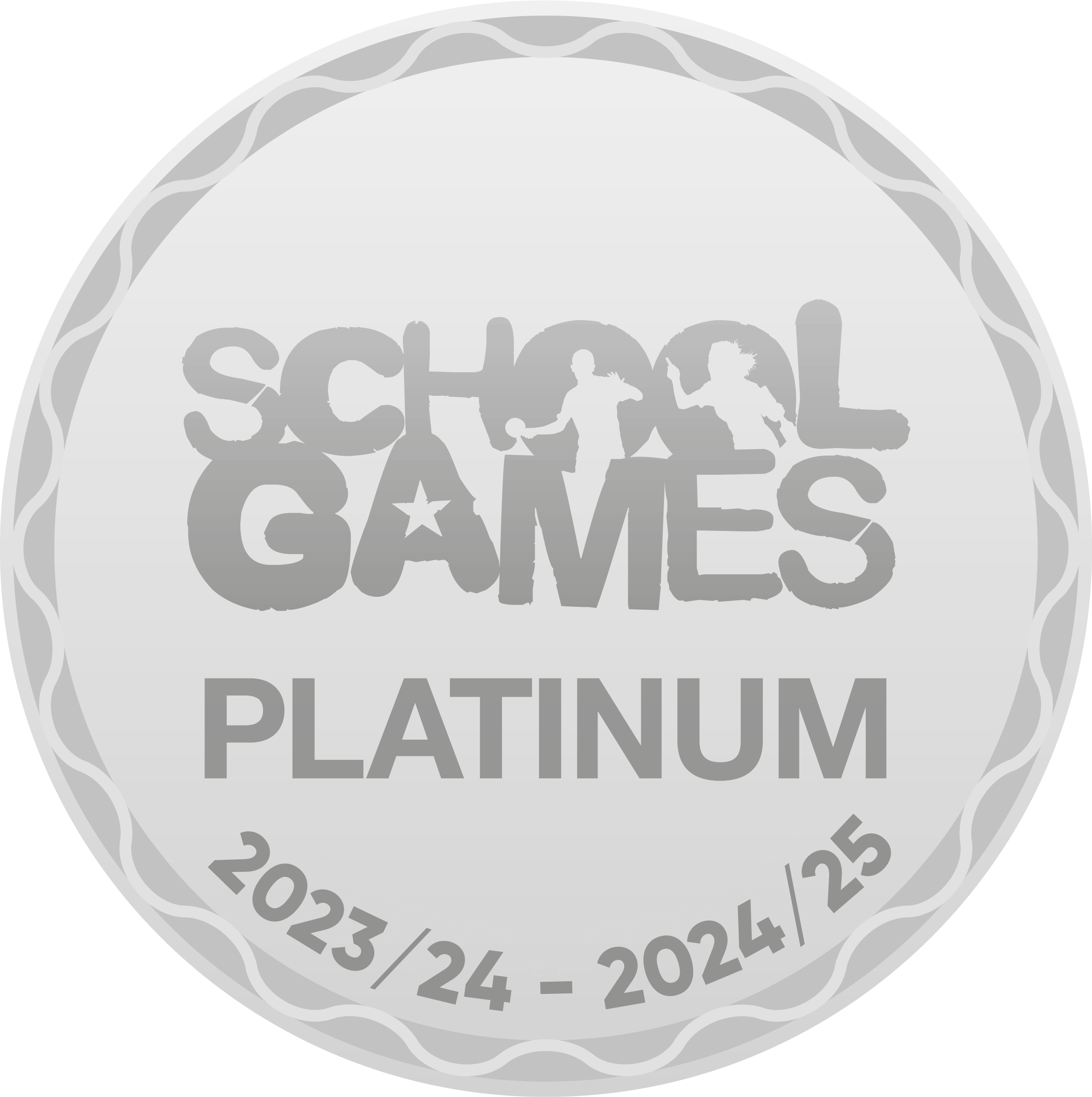
READING at SSPP

INTENT
At SSPP we are passionate about reading. Being able to read well matters. It can significantly impact on success in school and beyond. It takes them into imagined worlds far beyond their own experience, and make possible endless opportunities to explore new areas of learning, thinking and ideas. The power of reading is immense, and we want children to be able to take full advantage of the benefits, pleasure and enjoyment that it has to offer. We aim to develop positive attitudes towards reading so every child thinks of themselves as a reader and has fostered a love of the written word in all its various forms. We wish to create a community of readers that share, enjoy and promote reading as a skill and desirable past time.
Characteristics of a Reader
- Excellent phonic knowledge and skills.
- Fluency and accuracy in reading across a wide range of contexts throughout the curriculum.
- Knowledge of an extensive and rich vocabulary.
- An excellent comprehension of texts.
- The motivation to read for both study and for pleasure.
- Extensive knowledge through having read a rich and varied range of texts
- Curious to know more
- Stamina to read at length.
- The inquisitiveness to read different genres and length
Implementation: How do we teach?
Teaching of reading in EYFS and Year 1 is through our Essential Letters and Sounds programme, however additional reading can be seen with 1:1 reading and small group work. In Year 2, the teaching of reading is carried out through carousel, small group and individual reading. In KS2, we utilise the structure of VIPERS domains when we teach reading. In Year 2, children will be introduced to whole class reading in the Summer term and use a blend of both strategies. In KS2, whole class reading sessions at least 3 times a week, with 1:1 and small group reading blended into the week. These sessions may be found alongside the writing sessions or standing alone. Generally, children should read and explore different genres throughout the half term. The children will focus on fiction and non-fiction throughout the weeks with at least a week of poetry in a half term. The planning can use one book over the week, working through the VIPER’s or smaller extracts of text.
IMPACT
The impact of our reading curriculum will be clearly seen across the school through children talking about their love of reading, the quality of texts the children are reading, the quality of teaching across the school and the commitment to reading within the wider community. Phonics data is above national average and county results. For 2021, Key Stage 1 results show that data is above national and county averages in reading. KS2 reading results are above national for 2021-22.
We assess through a range of formative and summative strategies. End of EYFS/ KS1 and KS2 national data is collated. We complete phonics tracking every 5 weeks, including pupils that are still in need of phonic intervention in KS2. We complete reading assessments in KS1 and KS2 every term using the NFER scheme. We also check children are allocated the correct age appropriate books through regular benchmarking assessments. Teacher assessment, in the moment feedback and continuous questioning and probing, also gives the teachers an accurate view on where each child is being successful and where their next steps are.
Progression across the school...
Whole school reading progression
Reading progression - whole school 2024-25
Progression in VIPERS - whole class reading
Our Reading Curriculum explained...
SSPP whole school reading overview explained
Vocabulary knowledge
We believe that deliberately building vocabulary is important for several reasons. Firstly, to close the gap between those pupils who come from language-rich backgrounds and those who do not, secondly to deepen and extend knowledge and thirdly to ensure all children are able to experience the joy that using words well brings. In order to widen and develop our children’s vocabulary both effectively and quickly all children are taught and regularly reminded of technical vocabulary.
Thread through all subjects, Tier 2 and 3 (subject specific) vocabulary is taught and given to the children each lesson so that there is never an assumption that the children understand what a word means.
Which texts should be taught? 
At St Peter and Paul, we value using a wide range of high quality texts that engage the child and enhance their development. In order to allow for progression and building upon previously learnt skills, we have a whole school text progression document that ensures we do not use the same texts across year groups and that they are accessible to the year group set.
Until children have finished the full programme of phonics, they will read phonetically decodable books, however texts used in whole class reading may extend to enable them to be immersed in a wide range of rich vocabulary.
Writing and reading can be taught in unity. Reading informs the writing, especially where the text is related.
Poetry progression
Poetry is taught through reading and writing sessions as the children listen to, analyse, recite, write and evaluate poetry. All children will learn 2 poems to perform in front of an audience and these are planned for in our progression document:
Poetry progression long term overview 2022-23
What is expected for my child’s year group?
The expectations for assessment are set out in the documents below. To be working at age-related expectations, we have agreed that all of the targets need to have been met by the child by the end of the school year, with the red underlined targets as especially important.
Reading child friendly targets:
Year-1-National-Standards-Reading
Year 2 National Standards Reading
Year 3 National Standards Reading
Year 4 National Standards Reading
Year 5 National Standards Reading
Year 6 National Standards Reading
Please find below a link to Literacy shed's Viper stem questions that may help when you are reading at home:
KS1 https://www.literacyshedblog.com/uploads/1/2/5/7/12572836/ks1_reading_vipers.pdf
KS2 https://www.literacyshedblog.com/uploads/1/2/5/7/12572836/ks2_reading_vipers.pdf
Phonics
Following an update from the DfE around phonics teaching we have moved to Essential Letters and Sounds, this is a phonics programme based on Letters and Sounds (2007). This new phonics programme will support your children in making quick progress to become fluent and confident readers.
To best support us in teaching your child how to read we ask that you read the decodable text provided by the school 4 times across the week. Spending 10 minutes a day reading with your child will hugely support them in their journey to becoming an independent reader.
We will be changing children’s books once a week on Fridays, this allows your child to reread each text several times building their confidence and fluency. This is especially important as they begin to learn that the sounds within our language can be spelt in different ways.
It is a key part of learning to read that children reread words and sentences that they can decode (sound out) until they are fluent (read with ease and precision). By reading texts several times children have the greatest opportunity to achieve this fluency.
The texts sent home are carefully matched to the teaching taking place in school. Your child will be practising what they have been taught in school with you at home. We will only ask children to read books independently when they can decode these by themselves. Any books that are not yet decodable for the children will be a sharing book. These books are there for you to read with you child, helping us to instil a love of reading from the very beginning of their reading journey. These could be read together with your child reading the words they are able to decode or could be read to your child.
Please find videos below which will support you:
Phase 2 Sounds https://vimeo.com/641445921/9382cf6db0

Phase 3 Sounds https://vimeo.com/642342878/59d233684c
Reading for pleasure and core books list
At SSPP, we value how the love of reading impacts a child...from extreme reading challenges, to bedtime story day- we just love to find new ways to enjoy reading!
World Book Day 2023!







Home reading
We encourage all parents and carers to aim at reading at home five times a week. This does not need to be the reading book. All children that are book banded will also have a choice book (this may not always be linked to your child's ability level to read, but instead something your child is interested in that can be read to them.) They can also read home books, e-books and even listen to an audio book, it is all immersing them in to the world of storytelling and imagination. We ask that you record your child's reading in their reading diaries for EYFS and KS1. KS2 have a record in their homework books that needs to be signed each week. If a child reads at home at least 5 times and records this, they are acknowledged through our class reward systems.
Storytime
Every class has a story time regularly throughout the week. This is a time where children can relax and listen to an adult read to them. Our children tell us they love listening to their adults read!
"I love listening to Mrs Johnson, she makes it special." Reception
"Mrs Oakes is amazing at reading! She's so good and I love it!" Year 1
"We get to choose our stories the teacher reads. My story was chosen last week!" Year 2
"Mrs Wickett puts voices on and sometimes scares us when there is danger in the story, it's so funny." Year 3
"I love listening to someone else read. My favourite story so far is WONDER. It was so emotional." Year 4
"I love just relaxing and listening to the teacher read to us at the end of the day. It is calming and chills me out." Year 5
Year group recommended reads!
reception-booklist-of-recommended-reads
Branching out - If you love these books, have a look at where we can take you next!
beast-quest-branching-out-books
david-walliams-branching-out-books
famous-five-branching-out-books.
harry-potter-branching-out-books
horrible-histories-branching-out-books.
jacqueline-wilson-branching-out-books.
julia-donaldson-branching-out-books
michael-morpurgo-branching-out-books
rainbow-magic-branching-out-books
rhymes-and-songs-covered-in-early-years-5
roald-dahl-branching-out-books








